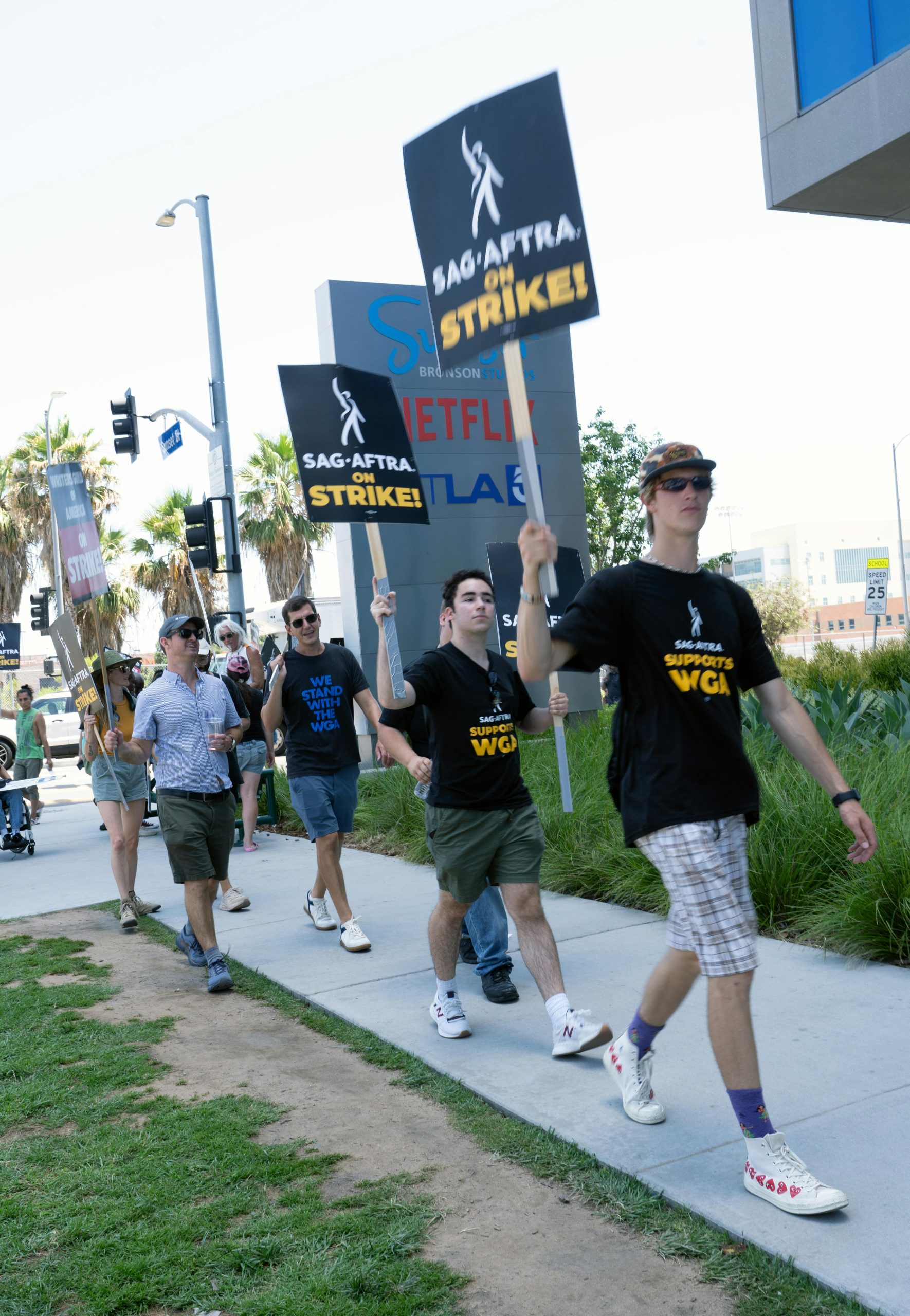AI to Replace Public Workers in US Government, Says Musk
The Future of Public Sector Employment: Can AI Replace Human Workers in Government?
In a recent statement, prominent tech entrepreneur Elon Musk has ignited a significant conversation around the role of artificial intelligence in government operations. According to Musk, the integration of AI technologies could lead to a transformative shift in how public services are delivered in the United States, raising questions about the future of public sector employment.
The Promise of AI in Government Operations
Artificial intelligence has made remarkable strides in recent years, showcasing its potential to enhance efficiency and effectiveness in various sectors. From automating routine administrative tasks to providing data-driven insights for policy development, AI can streamline operations and improve service delivery. Musk’s assertion highlights a growing trend whereby governments may increasingly rely on machine learning algorithms to manage tasks that were traditionally performed by human workers.
For instance, AI-powered chatbots can handle citizen inquiries, while predictive analytics can assist in resource allocation and emergency response planning. These innovations can free up public employees for more strategic roles that require human judgment, creativity, and interpersonal skills.
The Implications for Employment
While the potential benefits of AI integration are considerable, the implications for employment within the public sector cannot be overlooked. Transitioning to a more AI-centric approach could result in job displacement, particularly for positions that focus on routine and administrative tasks. This raises important ethical questions about the responsibilities of government agencies in managing the workforce’s transition.
Moreover, as AI systems proliferate, there will be a pressing need for new types of skills and training programs. Existing public employees may need to transition into roles that focus on managing and overseeing AI systems, requiring upskilling and reskilling initiatives. Policymakers will ultimately need to strike a balance between leveraging technology and ensuring that workers are not left behind.
A Collaborative Future
Rather than viewing AI purely as a replacement for human labor, it’s essential to consider a more collaborative approach. By combining the strengths of AI with human abilities, public services can become more responsive and adaptable. For example, while AI can process vast amounts of data and provide insights, human workers are irreplaceable when it comes to understanding community needs and formulating empathetic responses.
Conclusion
Elon Musk’s comments about the potential for AI to replace public workers have sparked a much-needed dialogue about the future of employment in government. As AI continues to evolve, it’s vital for policymakers, employees, and technology developers to collaborate and envision a future where technology augments human capabilities rather than replaces them. With thoughtful














Post Comment